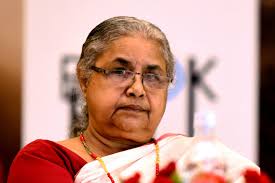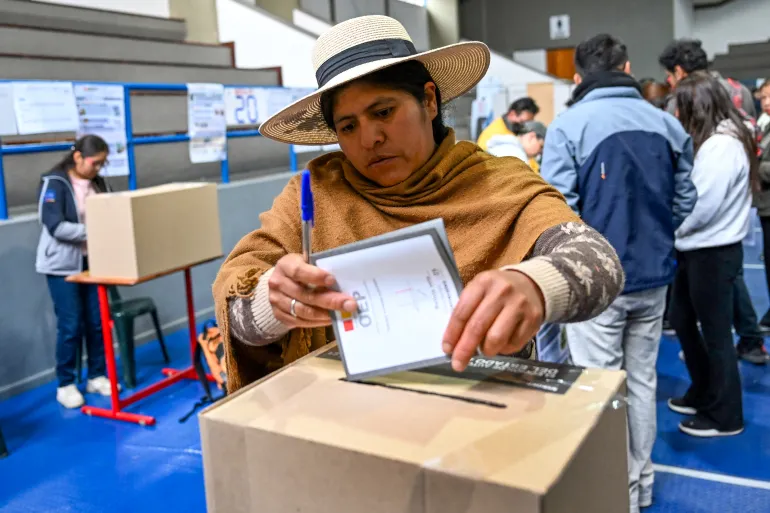Nepal has begun returning to normal after a week of violent anti-corruption protests that toppled the government and left at least 51 people dead.
On Friday evening, Sushila Karki, Nepal’s first female Prime Minister and former Chief Justice, was sworn in as the country’s interim leader.
Her appointment came after intense negotiations between President Ram Chandra Paudel, army chief General Ashok Raj Sigdel, and representatives of the youth-led protest movement that had called for sweeping political change.
By Saturday morning, Kathmandu’s streets were calmer. Markets reopened, traffic resumed, and families returned to public spaces and temples.
Soldiers who had been deployed since Wednesday scaled back their presence as the government lifted most of the curfew.
Thousands of young protesters — many coordinating through the messaging app Discord — had named Karki as their preferred leader, citing her independence and reputation for integrity.
“We think the prime minister, our former chief justice, will fight corruption and take good governance forward,” said Suraj Bhattarai, a 51-year-old social worker.
The protests, which began on Monday, were driven by anger over corruption, economic hardship, and what many called “musical chairs politics” — repeated leadership changes among the same group of aging politicians.
Parliament was dissolved following the resignation of KP Sharma Oli, who was serving his fourth term as prime minister. Fresh elections have been scheduled for March 5, 2026, giving Karki just under six months to stabilize the country and respond to protesters’ demands.
Her government faces significant challenges, including restoring order, addressing economic struggles — nearly 20% of young Nepalis are unemployed, according to the World Bank — and tracking down 12,500 prisoners who escaped during the unrest.
Indian Prime Minister Narendra Modi congratulated Karki and assured Nepalis that New Delhi remains “firmly committed to the peace, progress, and prosperity of the people of Nepal.”
Despite the optimism, many Nepalis remain cautious. “The main issue is corruption,” said Durga Magar, a 23-year-old shop worker. “It doesn’t matter who is in power — it just needs to stop.”
Karki’s appointment is being seen as a rare opportunity to break with the past and bring younger voices into Nepal’s political future.



